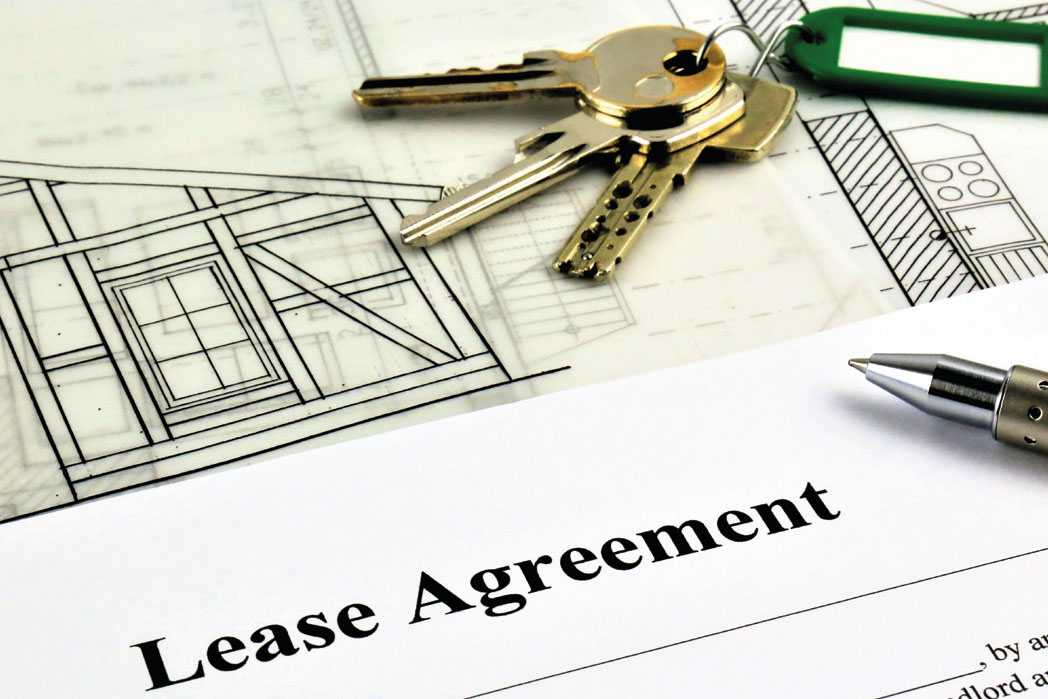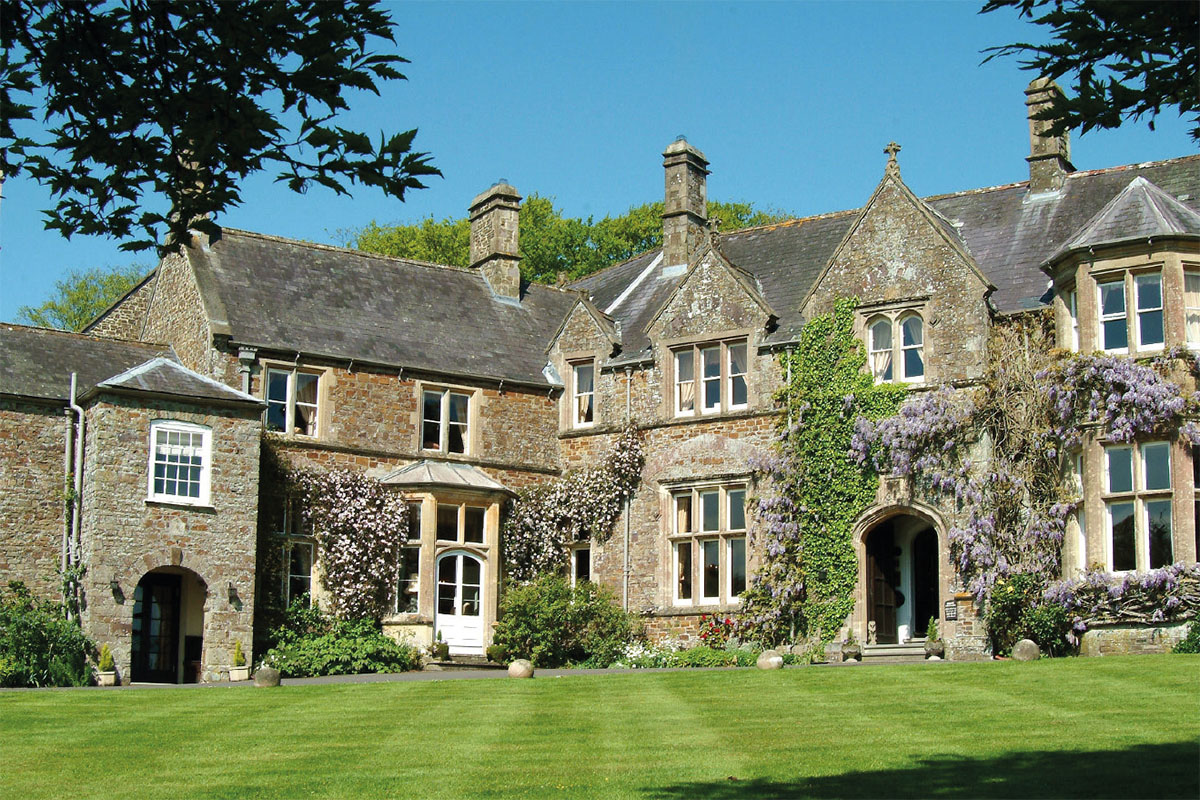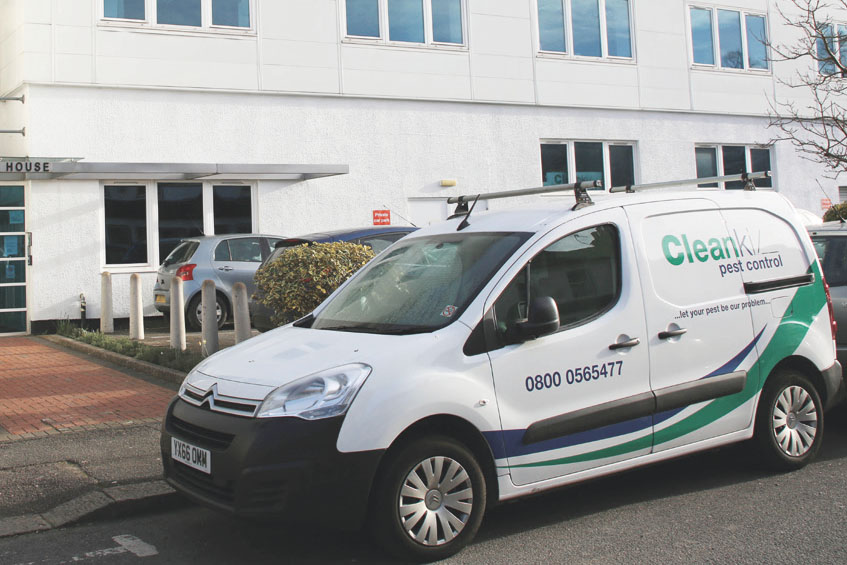
Why is this important? Because properties become unmortgageable if the lease term is allowed to diminish and, as a result, become unmarketable. Mortgage lenders these days will usually require a lease to be extended if the remaining lease term is around 80 or even 90 years.
When buying a leasehold property, although the lease terms may have seemed sufficient, we all know how quickly time passes us by.
• First, always check the commencement date under your lease (which will not necessarily align with when you bought the property).
• Secondly, it is a common misconception where the leaseholder also owns a share of freehold that the flat has somehow converted to freehold flat, and that you therefore do not need to worry about the lease. This is not the case. A share of freehold only will ever be held with a leasehold interest in a flat and the lease will continue to run down unless you extend it.
• If your lease term is nearing 80 years, do not delay. Once the remaining term under a lease reaches 80 years, an additional element is included in the lease extension premium calculation, called marriage value. In simplified terms, marriage value is the difference in value of the property with or without the extended lease, and 50% of that value is added to the usual calculation. In this respect, it is part of the Government proposal to change leasehold reform that marriage value will be removed from lease extension premium calculations. However, such a proposal has yet to be brought to Parliament to discuss, and we do not know currently when it will be.
• Another reason you may wish or need to extend your lease would be to remedy unreasonable ground rents. If you have a high or rising/doubling ground rent under your lease, extending your lease by statutory claim is a good way to remedy and control the rent payable (reducing the rent to a peppercorn). See our Blog at www.mayowynnebaxter.co.uk/resources/2019/07/doubling-ground-rent-clauses-andndash-how-to-fix-your-lease-and-other-faqs.
• There are other implications in terms of the ground rent payable under your lease if the annual ground rent is £250 or more for properties outside of London, or more than £1,000 for properties within London, (at any time throughout the lease term). For leases that fall into this category, they would be termed an Assured Tenancy in accordance with the Housing Act 1988. As such, and unless your lease contains a specific exclusion, if the Landlord should apply to Court in respect of arrears, the Court would have no jurisdiction or discretion other than to issue an Order that the lease be forfeited.
• Finally, consider your plans for the property and your personal circumstances. Do you envisage moving at any point in the future? Might you have to re-finance or remortgage? Do you wish to retain value in the property for inheritance purposes for your family? If the answer is yes or maybe to any of these questions, you should consider extending your lease.
You can find more information on the subject of extending leases on the resources page on our website.
Amanda Lee, Enfranchisement Executive. Direct Dial: 01342 310601.





